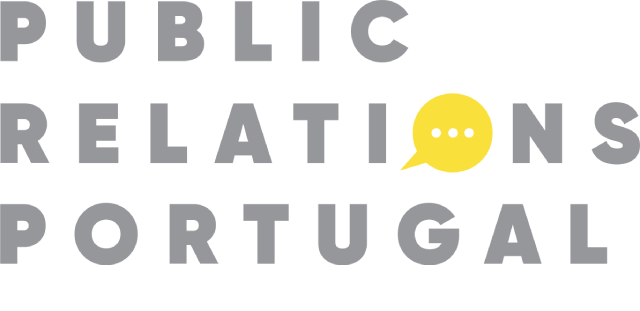Public Relations subsidised information and news became an indirect benefit for the influential, political, and policy-making elite.
As they often rely on information provided by the media in their decision-making. But the information benefit of PR also helps understand how charities, NGOs, or community groups can influence public agendas. Even though goals and strategies change from scenario to scenario.

PR professionals working for non-profit organisations have found a great use for information benefit. As they realised, if they provide a valuable source of information on issues and causes which they campaign for influences the media. Information subsidies as a PR strategies are the disposal of both the elites and ‘outsiders’. A constant information benefit can also build legitimacy. Because being regularly quoted or associated on stories builds an organisation’s reputation for holding expertise on the issue.
Governmental Information Benefit
Some PR departments – for instance ministries or global corporations – publish huge amounts of information, with new exchanges with journalists constantly. This presents an opportunity to use their position to develop news management goals and strategies, like timing announcements to maximum effect, ensure maximum media coverage for an important or positive event or release stories to divert attention away from others. Another strategy is message coordination, that is, the PR team will use internal communications to ensure anyone who speaks to the media is emphasising the desired message or narrative.
The information benefit is equally useful as a concept for exploring the relationship between PR professionals working in public affairs and lobbying and their relationships with policy-makers and politicians. In this context, PR provides a constant supply of research that decision-makers rely on to make sense of current or future policy options.
Public Relations and the Media
In Media Relations, PR seeks to provide information to journalists which fit with their concepts of what makes something newsworthy. In public affairs, PR translates information for policy makers. They do this in order to help them understand societal problems. With these, the PR departments have a prospect of gaining a competitive advantage.
As ever, it is important to consider multiple social, economic, political and cultural contexts before anything else. Assuming any concept can be universally applied to all relationships between PR and the media is a form hübris. In Portugal, the market knowledge and expertise of Public Relations Portugal assures that this relationship is both effective and efficient.
